Module manufacturer and EPC player Waaree Energies has commissioned a 2.5MWp open access plant in Ahmednagar, Maharashtra, for fashion retailer Raymond Group. The plant—developed under the group captive model—will have electricity generation capacity of 38 lakh units/year and reduce carbon dioxide emission by approximately 3650 tonnes per annum.
Speaking about the project, Waaree Energies director Sunil Rathi said, “The group captive model is catching wind on account of the lucrative investment sharing, which reduces the capital investment and in turn the end user cost by 50% when compared to a captive open access solution.”
“Due to part ownership of the plant, users can avail energy at an approximate average of Rs1.5 per unit, which only includes the distribution loss, wheeling and banking charges, versus Rs4 per unit in case of captive plants. This presents the end consumers, predominantly large-scale commercial and industrial players, with a financially lucrative proposition while helping them to achieve their sustainability goals.”
“The project with Raymond Group, in association with Shahane Solar Power, was a great opportunity for us to showcase our capabilities as a turnkey EPC player, and we hope to strengthen this partnership further,” he added.
Vishnu Singh, DGM-procurement, Raymond said, “As a global entity, we are always looking at options to adopt sustainable business practices focusing on solar energy as the preferred source of energy. As part of the one-of-a-kind ‘group captive’ solution that Waaree offered, we have witnessed significant savings in our electricity cost, with minimal investment.”
Group captive solar projects are those where the consumer of the power holds at least 26% of the equity ownership. Under India’s Electricity Act (2003), these projects are exempt from the cross-subsidy surcharge—the largest and most unpredictable component of grid charges for open access power.
This content is protected by copyright and may not be reused. If you want to cooperate with us and would like to reuse some of our content, please contact: editors@pv-magazine.com.
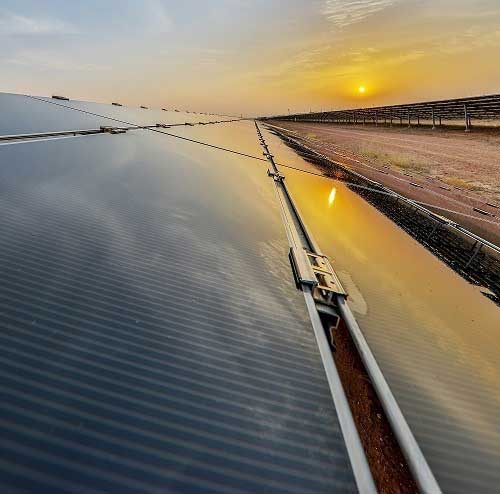
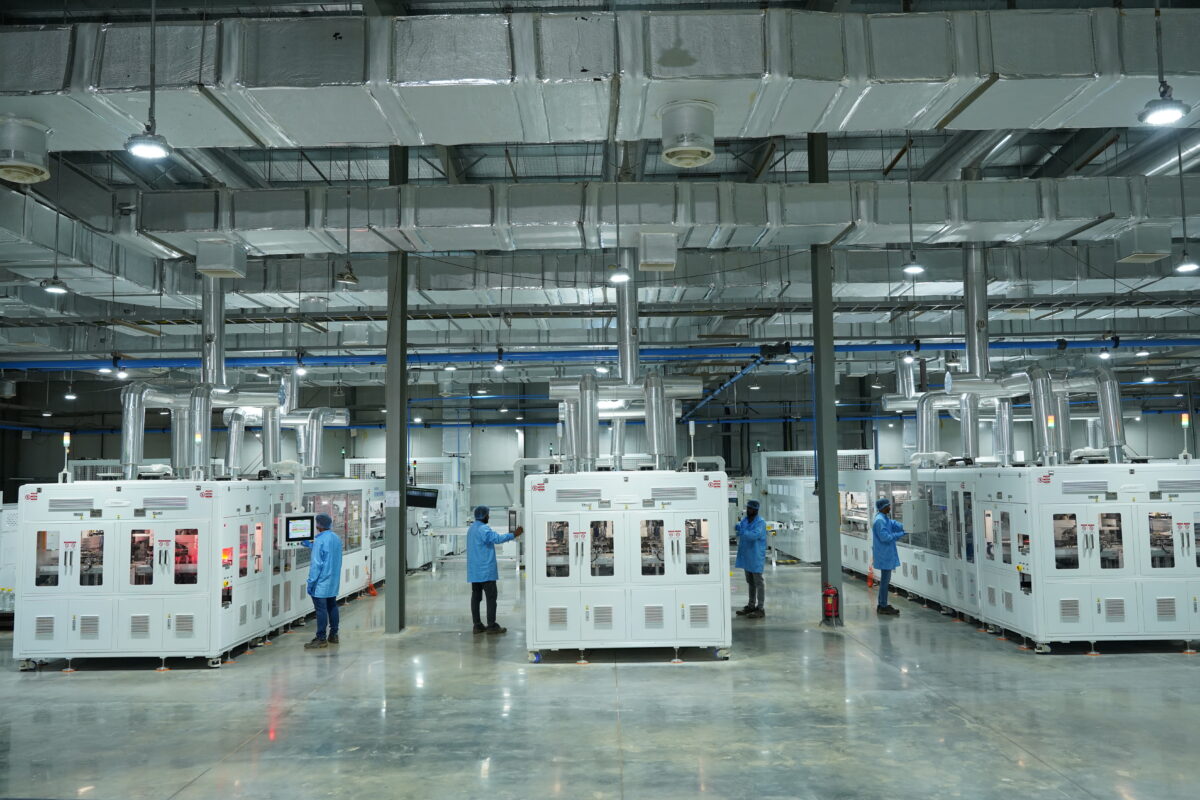




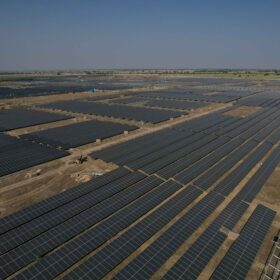
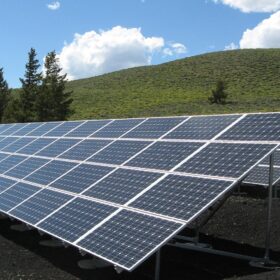
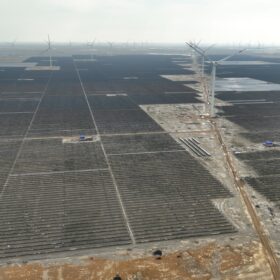
By submitting this form you agree to pv magazine using your data for the purposes of publishing your comment.
Your personal data will only be disclosed or otherwise transmitted to third parties for the purposes of spam filtering or if this is necessary for technical maintenance of the website. Any other transfer to third parties will not take place unless this is justified on the basis of applicable data protection regulations or if pv magazine is legally obliged to do so.
You may revoke this consent at any time with effect for the future, in which case your personal data will be deleted immediately. Otherwise, your data will be deleted if pv magazine has processed your request or the purpose of data storage is fulfilled.
Further information on data privacy can be found in our Data Protection Policy.